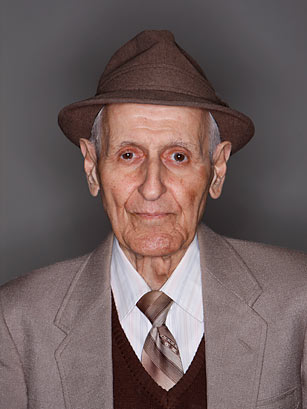
"My specialty is death," Dr. Jack Kevorkian once told TIME. In the 1980s he began weighing in on the issue that would make him infamous: euthanasia and the plight of the dying. By the time his own end came — on June 3, at 83, from kidney-related complications — the physician was said to have had a role in more than 130 deaths. Many of them came about through use of the Thanatron, the infamous "suicide machine" he rigged to let his patients self-administer lethal levels of narcotics.
In 1999, after Kevorkian had deftly avoided criminal responsibility in several cases, he was convicted of second-degree murder when video surfaced of him administering a deadly dose. Eight years later he was paroled; a quiet period followed, and then he resumed his crusade, pushing his cause vigorously though never again assisting in suicides.
His detractors, though, continued to decry his methods, claiming they skirted the subtleties of psychology and palliative alternatives and that the effectiveness of his death machines robbed the dying of the chance to consider other ways to see out their earthly existence. But Kevorkian's confidence in his quest remained unruffled. "It's unstoppable," he told TIME. "It may not be in my lifetime, but my opponents are going to lose. There's a lot of human misery out there."
This text originally appeared in the June 20, 2011 issue of TIME magazine.